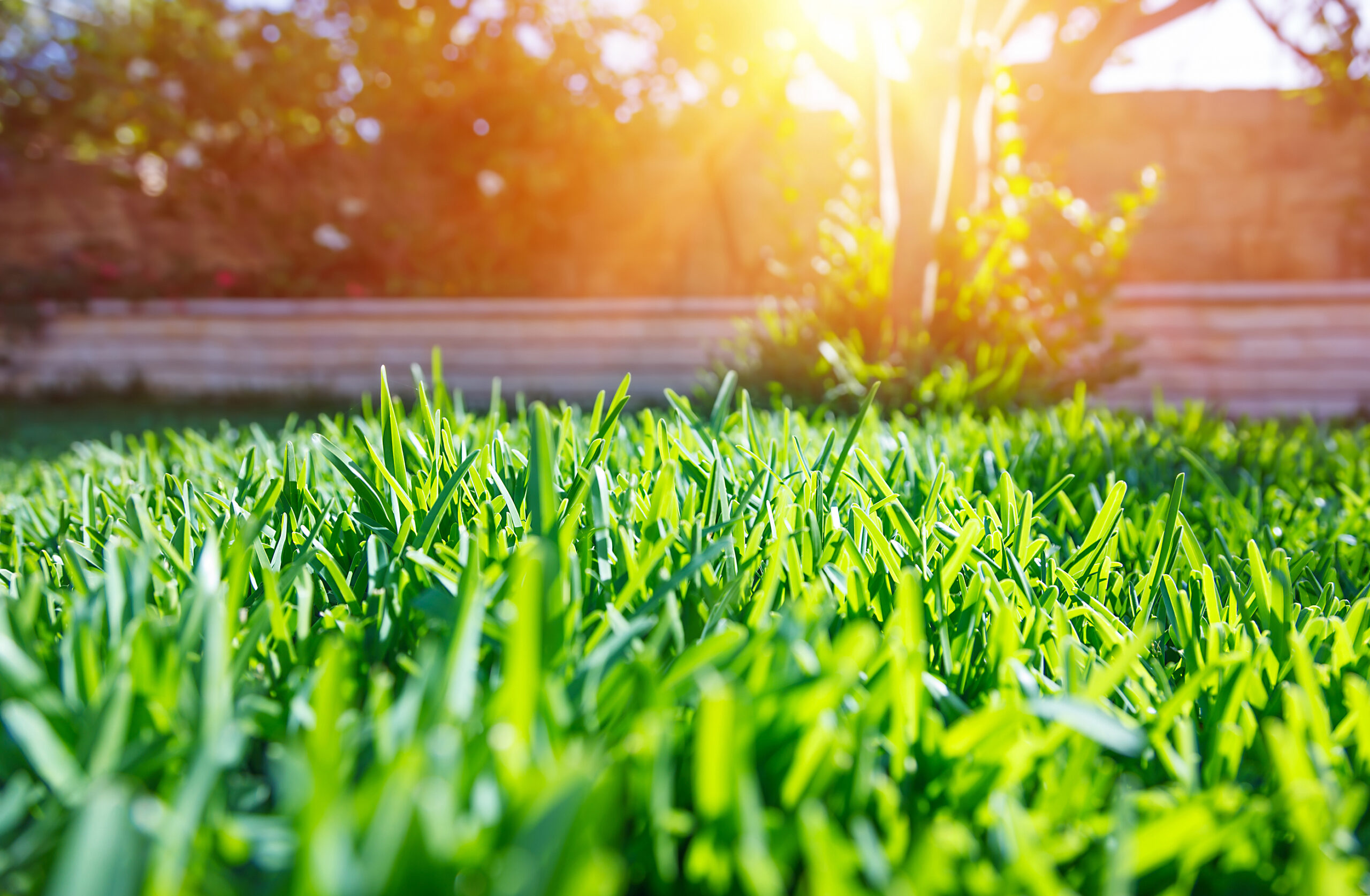
As the weather begins to cool down and we start thinking about frosty mornings and cozy fires, our irrigation systems may be the last thing on our minds. But just like any other system in our homes, they need extra care in the winter months to prevent damage from freezing temperatures. Pro Sprinklers Systems Inc
So, do you need to winterize your irrigation system? The answer is…maybe. It depends on a few factors, including the type of system you have, the climate you live in, and how often you use it.
Keep reading to learn more about irrigation system maintenance in Westchester and whether it’s necessary for your home.
What is winterization?
You may wonder if you need to winterize your irrigation system as the temperatures drop. The answer is that it depends. If you live in an area with freezing temperatures, you must winterize your system so that the pipes don’t freeze and burst.
However, you may not need to do anything if you live in an area with milder winters. You can do a few things if you need to winterize your system.
First, make sure all the water is drained from the pipes. This can be done by turning off the water supply and opening all the taps until they are empty. Once the water is drained, add antifreeze to the system. Adding antifreeze to the system will help protect against freezing and bursting pipes.
Finally, cover any exposed pipes with insulation or heat tape to protect them from the cold weather further. These steps will help ensure that your irrigation system survives the winter and is ready to go when spring arrives.
Why do I need to winterize my irrigation system?
If you live in an area with cold winters, it’s important to winterize your irrigation system to prevent damage from freezing temperatures. By taking a few simple steps to winterize your system, you can avoid costly repairs and keep your irrigation system running smoothly for years to come.
Here are a few reasons why winterizing your irrigation system is so important:
- Prevent frozen pipes: One of the most common problems that can occur when irrigation systems are not properly winterized is frozen pipes. When the water in the pipes freezes, it expands and can cause the pipes to burst. This can lead to serious damage and expensive repairs.
- Avoid ice buildup: Another problem when water is left in the pipes is ice buildup. This can block water flow and lead to flooding or other problems.
- Protect against freezing temperatures: Winterizing your irrigation system will also protect it from freezing temperatures, which can damage the system components. By taking steps to winterize your system, you can ensure that it will be able to withstand the cold weather and keep working properly.
When should I winterize my irrigation system?
As the weather begins to cool and the days grow shorter, it’s important to start thinking about winterizing your irrigation system. Depending on your climate, you may need to do this as early as October or November.
Winterizing your system helps protect it from freezing temperatures, which can damage pipes and other components. It’s also a good time to check for any leaks or other issues that may have developed over the course of the season.
There are a few different ways to winterize an irrigation system. One is to turn off the water supply and allow the system to drain completely. This is typically sufficient in areas with mild winters.
However, blowing out the system with compressed air is often necessary in more severe climates. This helps ensure that no water is left inside where it could freeze and cause damage.
If you’re unsure whether your system needs to be winterized, it’s always best to err on caution and take care of it before the first frost hits. This way, you can be confident that your irrigation system will be ready when spring arrives.
How do I winterize my irrigation system?
You need to winterize your irrigation system to prevent damage from freezing temperatures. Here’s how:
- Drain the entire system of water. This includes turning off the water supply and opening all valves and drains to remove all water.
- Flush out the lines with compressed air. This will remove any remaining water and debris from the lines.
- Cover or wrap any exposed pipes to protect them from freezing temperatures. Be sure to label any valves or other components so you know where they go when it’s time to reassemble the system in the spring.
- Store all parts in a dry, protected place until you’re ready to use them again next season.
Conclusion
Whether or not you need to winterize your irrigation system depends on a few factors, such as the climate you live in and the type of system you have.
In general, however, winterizing your system is a good idea to prevent damage from freezing temperatures. Taking time now to prepare your system for the winter will pay off come spring when you’re ready to use it again.
Contact Pro Sprinklers Systems Today!
Pro Sprinklers Systems Inc. is a leading provider of high-quality sprinkler systems for residential and commercial properties. We offer various sprinkler systems, from simple setups to more complex and customizable options.
We also offer various services, including installation, repair, and maintenance, so no matter your needs, we can help you find the perfect solution for your home or business.
Contact us today if you’re unsure whether you need to winterize your irrigation system. Our experts will be able to assess your system and give you tailored advice on what you need to do to prepare it for the colder months.
